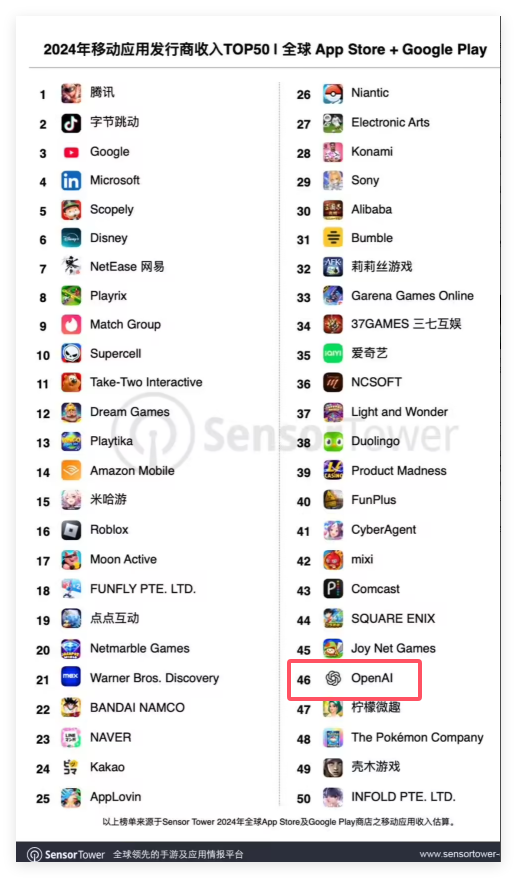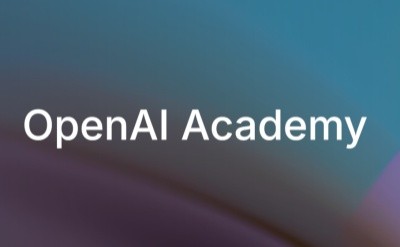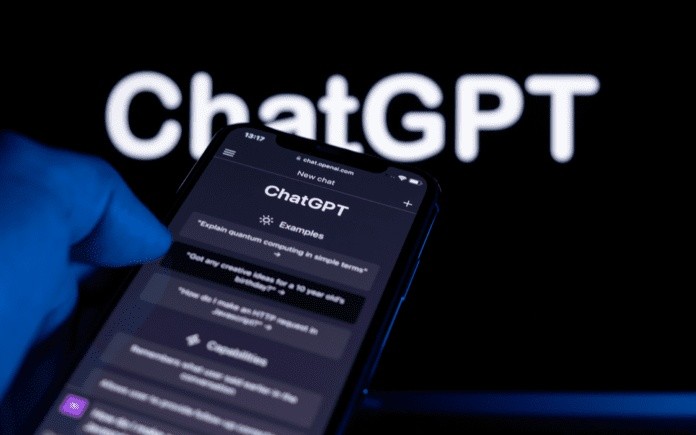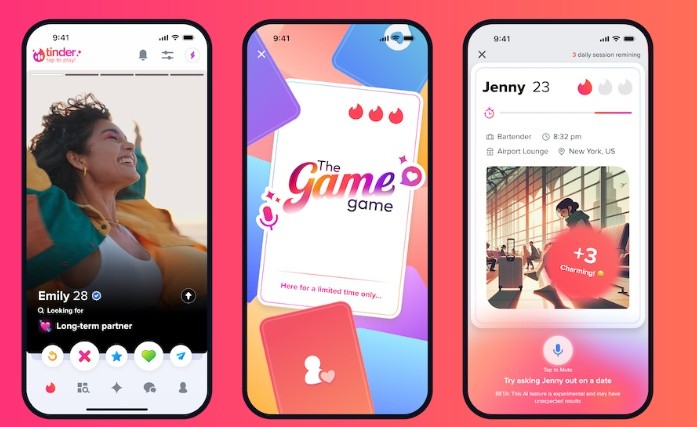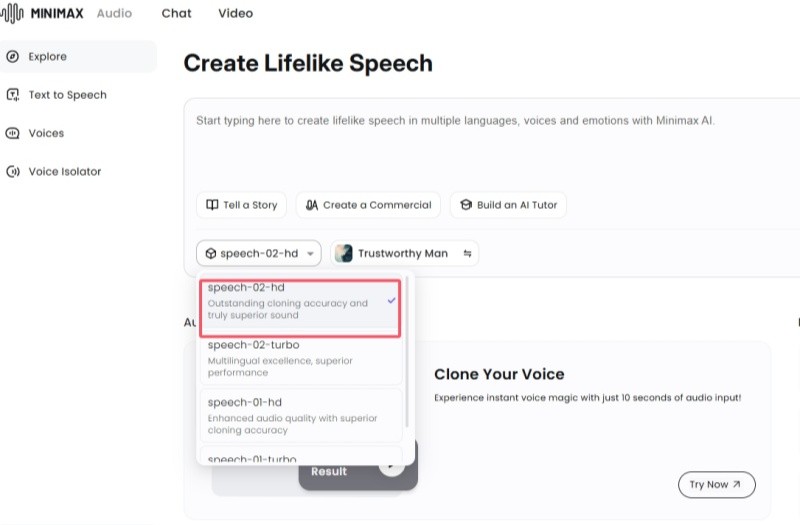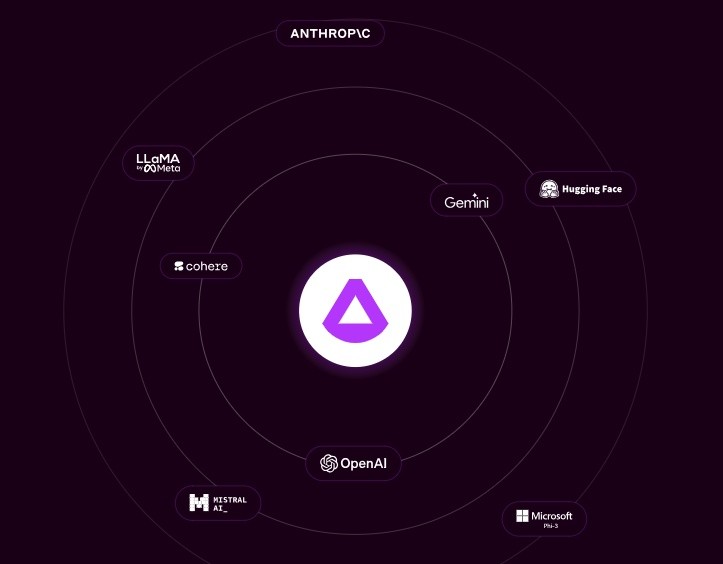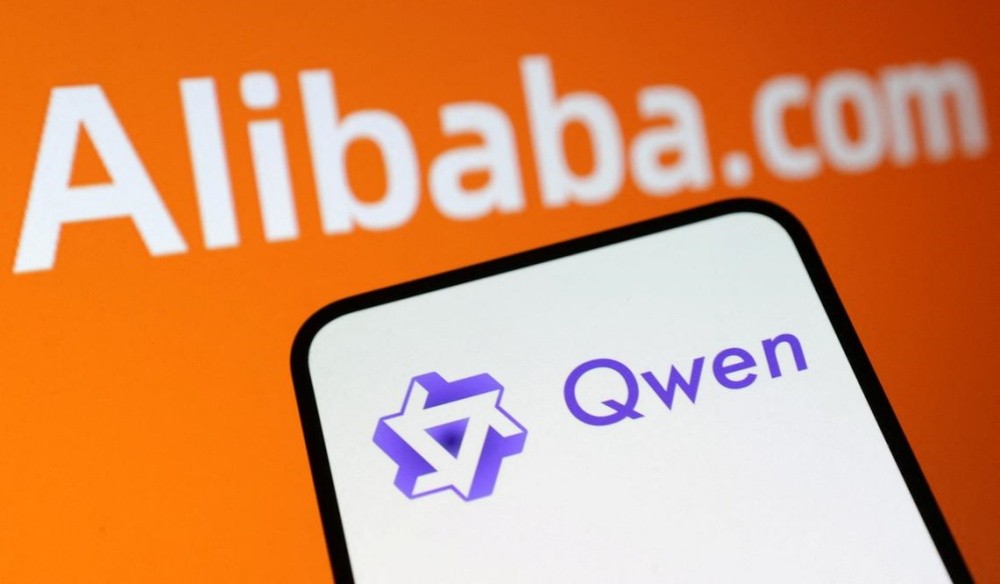OpenAI is conducting a new round of functional testing on its advanced image generation model GPT-4o. Recently, some developers discovered that the company began to add "ImageGen" watermark logo to free user-generated images, which triggered a new round of discussions in the industry about compliance and business strategies for AI image generation.
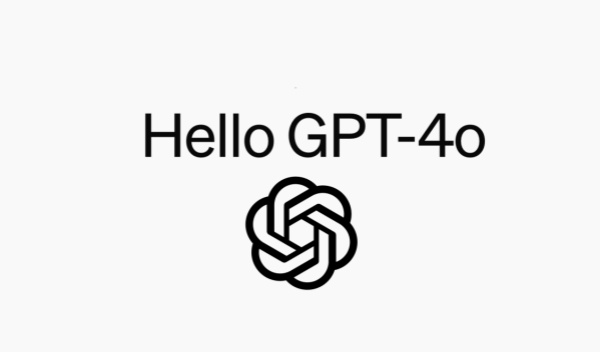
According to AI researcher Tibor Blaho, OpenAI has quietly added a watermark to the images generated by the ChatGPT free account. For users who have a ChatGPT Plus subscription, they can still download the original image without watermarks. This adjustment may mark OpenAI's technical means to distinguish different user permissions and usage scenarios, while strengthening the traceability and responsibility management of image-generated content.
GPT-4o: Comprehensive improvement of image understanding and generation capabilities
The GPT-4o model has recently become a hot topic in the field of image generation. This model not only supports accurate rendering of text images, but also has the ability to imitate specific artistic styles (such as Ghibli animation) and create realistic visual effects. OpenAI previously stated in its official blog that GPT-4o was developed under the joint training of massive images and text data. The model not only learned the contrast between language and images, but also had the ability to process complex image logic.
This model is currently open to all ChatGPT users, and the initial restrictions have been gradually lifted. Whether it is a creator, developer or general user, you can experience the powerful functions of image generation for free.
The API is about to be launched, and the developer ecosystem continues to expand
OpenAI also confirmed that the ImageGen API for developers is under development and will allow third parties to build their own image generation applications or creation platforms in the future. This is undoubtedly an important technology empowerment opportunity for enterprises and independent developers who want to deeply integrate image AI capabilities.
Industry experts believe that adding watermarks to free user images may become one of the industry standards, which will help ensure copyright, transparency and compliance with usage in the context of rapid content generation. OpenAI's move will not only help enhance user trust, but may also become part of its commercialization system, gradually driving the growth of subscription and API service revenue.

